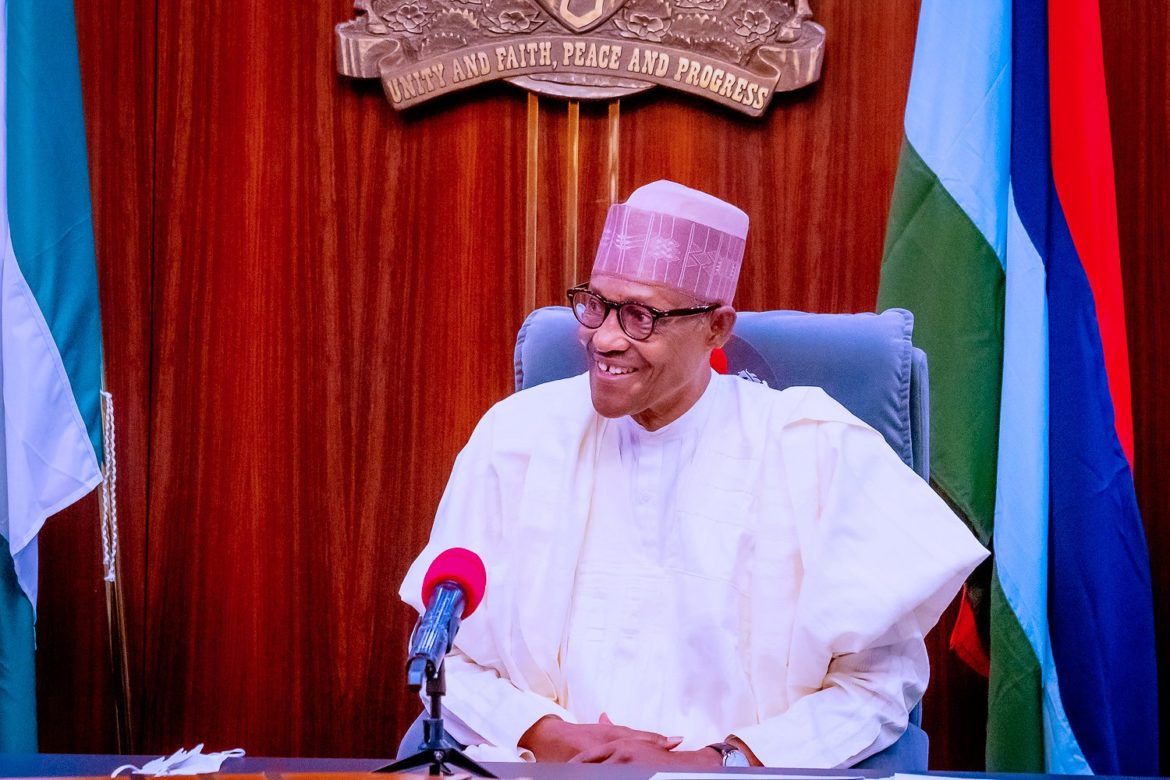As Nigeria’s federal budget proposal surges past an unprecedented N20 trillion, capital expenditure which covers projects with direct impact on citizens is receiving no extra funding from last year, according to details of the 2023 budget announced by President Muhammadu Buhari.
Government capital spending typically covers allocations to new hospitals, roads, bridges, and other infrastructure. Despite being a key driver of economic growth, the so-called CAPEX has perennially received lower amounts than personnel and overhead costs in Nigerian government budgets. Of N4.72 trillion the government spent between January and April, only a N773.63 billion to capital projects.
President Buhari says his government will again give more money to the usual big spenders in 2023: personnel cost will receive a 21 per cent rise, overheard will get 40 per cent and debt repayment 90 per cent over the previous year, helping to push the overall budget to ₦20.51 trillion, from ₦17.1 trillion in 2022.
Capital expenditure will see zero percentage rise, the only subhead with no increase. The president acknowledged the infrastructure gap nonetheless.
“Nigeria requires a huge outlay of resources to close current infrastructure gaps and boost its economic performance. Government will develop projects that are good candidates for Public Private Partnership (PPP) by their nature for private sector participation,” he said while submitting the budget proposals to the National Assembly on Friday.
The lop-sidedness has not surprised analysts. “Unfortunately, this is the last year of the president in office. In all of the promises that they have made in terms of cutting waste in governance, it looks like nothing has been done,” said Adeboye Adegoke, a senior manager at Paradigm Initiative.
Mr Adegoke said the proposed amount budgeted for capital expenditures is a reflection of a lack of vision and political will, which has been affecting governance delivery over the years.
“Even a layman knows that the bulk of the budget should go into infrastructural development because that is really where the government should come in in an economy. But in this case, we see that the government spends most of its money on servicing loans and paying recurrent expenditures which we know for a fact that it is bloated and is not being judiciously used,” he said.
‘Budget Credibility’
There are even more concerns as the government is unlikely to spend the proposed amount. Nigeria has struggled with revenue problems for years with significantly reduced oil returns, a challenge expected to persist in 2023.
Joshua Olufemi, chief executive officer of the Abuja-based Dataphyte said Nigerian should worry about the budget’s “budget credibility”, which he said is about the government’s ability to release the amount it budgets.
“Over the years, up until 2021, there has been no time that Nigeria has spent up to N4 trillion on capital expenditure,” Mr Olufemi said.
ALSO READ: Buhari presents N20.5tr Budget, says it was prepared amid challenging economy
“Even if the government is budgeting N5.35 trillion this year, what we should be asking for is that whatever the government is budgeting should be released. We should also be ensuring that what is budgeted and released is used for the purposes for which it was budgeted for.”
Source: Premium Times

